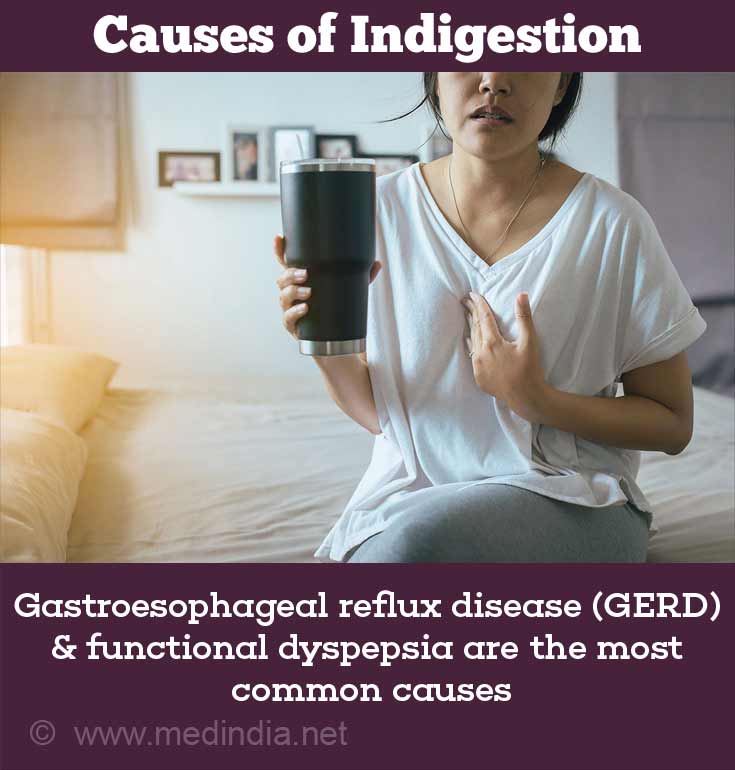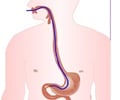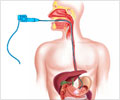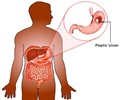What are the causes of indigestion or dyspepsia?
The most common causes of indigestion or dyspepsia are gastroesophageal reflux disease (GERD) and functional dyspepsia. A number of cases are due to ulcers, and less than 2% arise due to malignancy.
Gastroesophageal reflux disease (GERD): Gastric contents from the stomach move into the esophagus (food pipe). The esophagus may get damaged in the process (reflux oesophagitis) causing heartburn (already explained).
Functional dyspepsia: Functional dyspepsia is the cause in more than 60% of dyspeptic patients. The exact cause of functional dyspepsia is however not known. A number of hypotheses exist. Minor links with Helicobacter pylori (bacterium, a common cause for peptic ulcer); increased sensitivity of the individual’s stomach lining to gastric acids; delayed emptying of the stomach following meals; a stiff stomach that doesn’t sufficiently expand; anxiety, acute stress; are some of the suggested causes. Association with diet is not well established. Coffee may induce symptoms in functional dyspepsia by increasing acid secretion; irritating stomach or by precipitating GERD.

Ulcer disease: Less than 5% of the patients have ulcers in the esophagus. Some 15–25% of cases of dyspepsia stem from ulcers of the stomach or duodenum. The most common factors that cause ulcer are infection with Helicobacter pylori and use of drugs like NSAIDs (Non-steroidal anti inflammatory drugs). Rarer causes include conditions like Crohn's disease, and Zollinger-Ellison syndrome.
Malignancy: Cancer is perhaps a common fear that most dyspeptic patients have. Hence, it is worthy to know that malignancy is responsible for less than 2% cases of indigestion. Long standing cases of GERD, use of tobacco (smoking), abuse with alcohol, ingestion of acids are common conditions predisposing to cancer of esophagus and stomach.
Indigestion is also caused by relatively rarer conditions like abnormalities of pancreas or bile ducts. Diabetes mellitus, abnormalities of thyroid, excess calcium ions in the body (hypercalemia) are to searched for. Ischemic heart disease is a diagnosis that shouldn’t be missed.
Aerophagia:
Belching due to air swallowing is normal, may occur up to 3-4 times per hour. Excessive unconscious swallowing of air may lead to bloating (abdominal distension). Transient improvement often follows belching.










